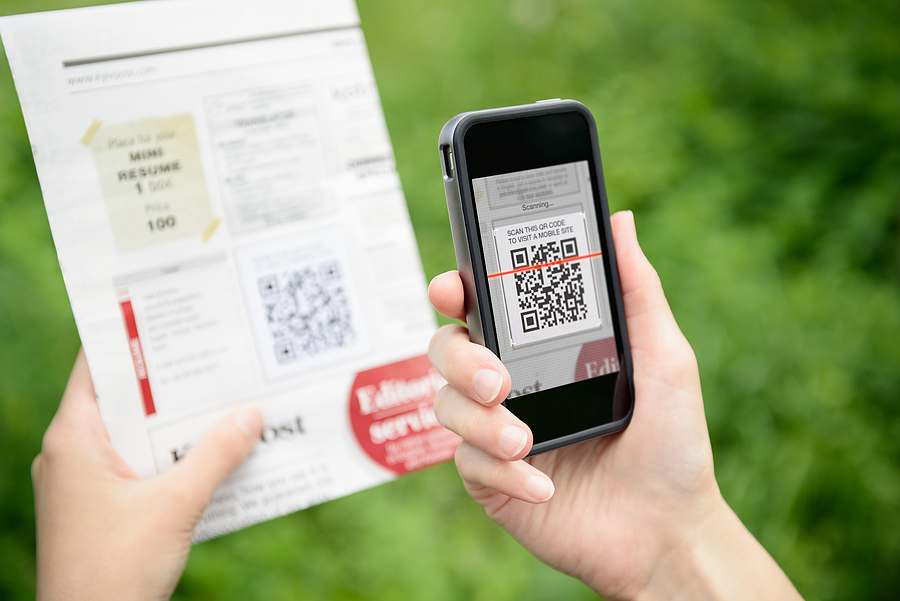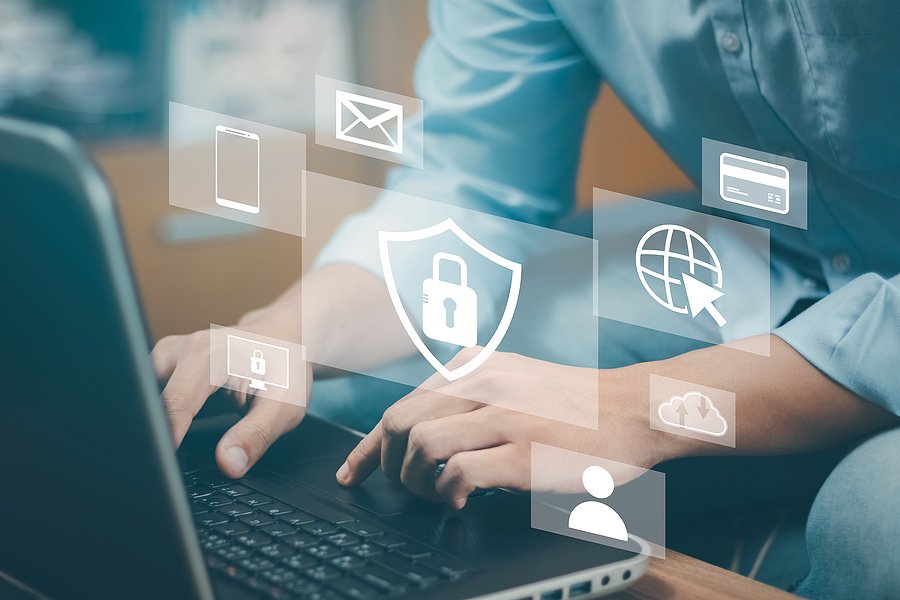Innovative technologies like QR codes offer promising solutions to safeguard sensitive information. QR codes, or Quick Response codes, are versatile tools that can securely store and share data, provided they are used correctly. In this article, we explore how QR codes can enhance personal data protection and the benefits they offer in various applications.
Understanding QR Codes and Data Security
Table of Contents
QR codes are two-dimensional barcodes that can store a variety of data types, including URLs, text, and contact information. The use of QR codes in data protection revolves around their ability to encode and securely share sensitive information.
Using a QR generator free tool, individuals and organizations can create customized QR codes that enhance security measures.
Secure Sharing of Sensitive Information
One of the primary advantages of QR codes is their ability to securely share sensitive information. For instance, medical facilities can use QR codes to encode patient information, ensuring that only authorized personnel can access it.
A QR code on a patient’s wristband can contain encrypted medical records, which can be scanned by healthcare providers to quickly retrieve vital information while keeping it secure from unauthorized access.
Similarly, businesses can use QR codes to share confidential information with clients or employees. Instead of sending sensitive documents via email, which can be intercepted, a QR code can be generated to store the information. The recipient can scan the QR code to access the data, reducing the risk of exposure during transmission.
Enhancing Authentication Processes
QR codes can significantly enhance authentication processes, adding an extra layer of security to protect personal data. Two-factor authentication (2FA) is a common application where QR codes play a crucial role.
Users can scan a QR code to receive a one-time password (OTP) or authentication token, which adds a verification step beyond just a username and password. This method greatly reduces the risk of unauthorized access, as it requires possession of a physical device (the smartphone used to scan the QR code) in addition to knowledge-based authentication.
Protecting Contact Information
Sharing contact information securely is another area where QR codes excel. Personal and business contacts can be encoded into a QR code, which can then be shared in a controlled manner. For example, business cards with QR codes allow for easy and secure exchange of contact details without exposing them to potential interception.
Moreover, QR codes can be used to manage access to contact information. For instance, event organizers can use QR codes to provide attendees with access to exclusive contact lists or networks, ensuring that only registered participants can view and use the information.
Securing Online Transactions
In the realm of online transactions, QR codes offer a secure way to conduct payments and verify transactions. Many mobile payment platforms now use QR codes to facilitate secure payments. Users can generate a QR code for the transaction amount and scan it to complete the payment, ensuring that the transaction details are encrypted and securely transmitted.
Benefits of Using QR Codes for Data Protection
The use of QR codes for personal data protection offers several key benefits:
- convenience and ease of use – QR codes are simple to generate and scan, making them accessible for various users and applications;
- enhanced security – encrypting data within QR codes, sensitive information can be protected from unauthorized access.;
- cost-effectiveness – using a QR generator free tool, individuals and organizations can create secure QR codes without incurring significant costs;
- versatility – QR codes can store a wide range of data types, making them suitable for numerous applications, from healthcare to finance.
Using QR codes can help individuals and organizations safeguard their personal and sensitive information effectively.
Conclusion
QR codes are proving to be a valuable tool in the quest for enhanced personal data protection. Their ability to securely store and share sensitive information, combined with the ease of use and cost-effectiveness of tools like a QR generator free, makes them an ideal solution for various security applications.
Applying QR codes to security strategies, we can take a significant step towards a more secure and protected digital environment.
Image Source: BigStockPhoto.com (Licensed)
Related Categories: Tech, Reviews








